

What’s the difference between stress and anxiety?
Stress and anxiety are two terms that are often confused - and it’s easy to see why. They can feel very similar, and in some situations, they even overlap. But understanding the difference between the two is important for recognising what you’re experiencing, and whether you might benefit from extra support.
Stress is usually a short-term response to a specific challenge or demand - like a looming deadline at work, an exam, or a difficult conversation. In small doses, stress isn’t necessarily harmful. It can even help you stay focused and alert - it’s your body’s natural way of coping with pressure.
Typically, stress fades once the situation passes. You might feel tense, irritable, have racing thoughts, or notice physical symptoms like headaches, a rapid heartbeat, or trouble sleeping. Crucially, stress tends to have a clear cause and often eases once that cause is resolved.
Anxiety, on the other hand, is more persistent. It can feel very similar to stress, but without an obvious trigger. It’s a longer-term state of worry, unease, or fear that can linger even when there’s no immediate reason. It can interfere with your daily life, making it difficult to work, relax, or enjoy everyday things.
So, how do you know when to seek support?
If stress becomes chronic or anxiety is affecting your ability to function day to day, it might be time to reach out. You don’t need to wait for things to get worse before talking to someone. A GP, therapist, or mental health professional can help you understand what you're experiencing and guide you toward strategies or treatments that work for you.
Recognising what you're feeling is the first step - and from there, support is out there. Whether it’s talking to a GP, starting therapy, or making small changes for yourself, you deserve to feel better.
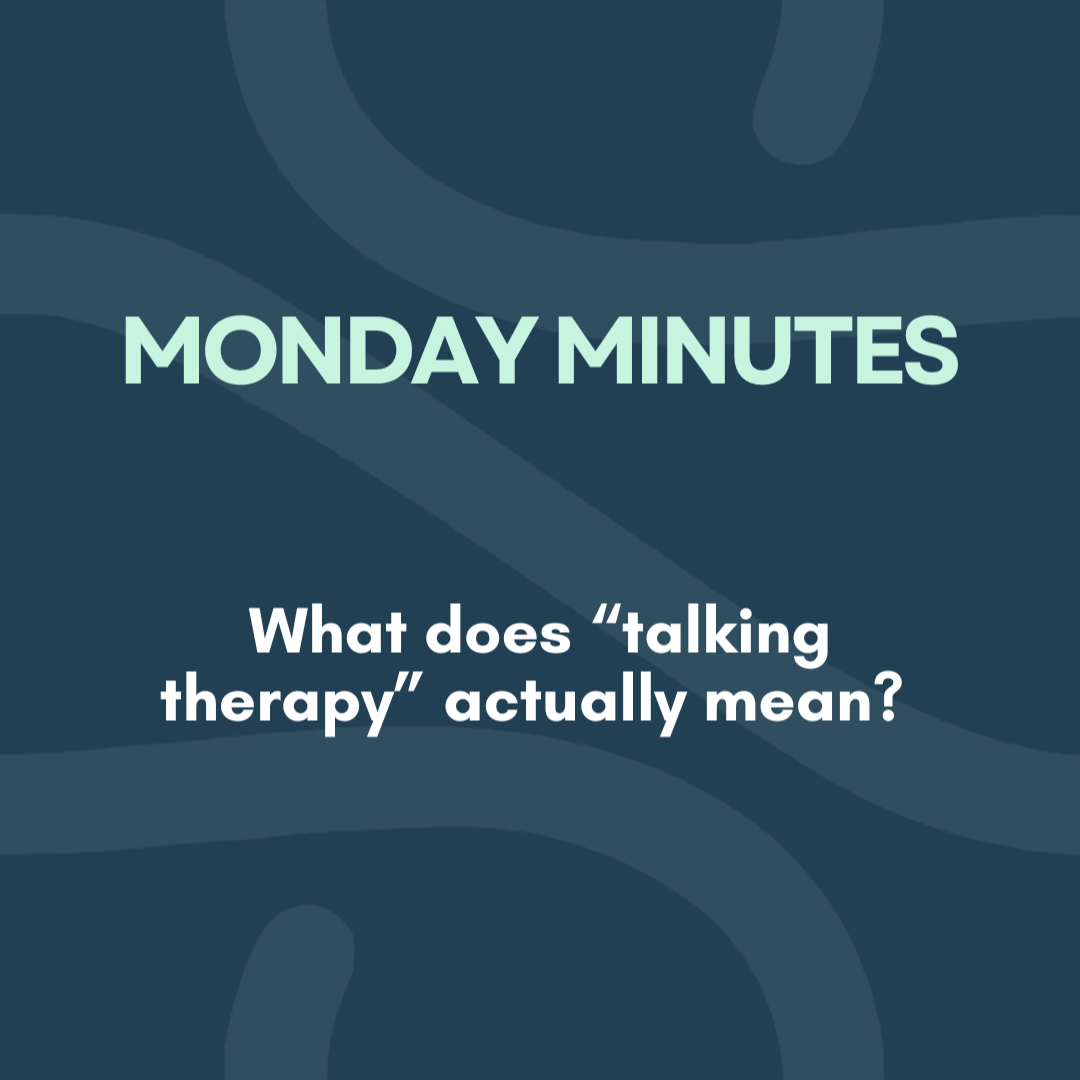
You’ll often hear the term “talking therapy” used when people discuss mental health support, but it isn’t always clear what it actually involves. I...
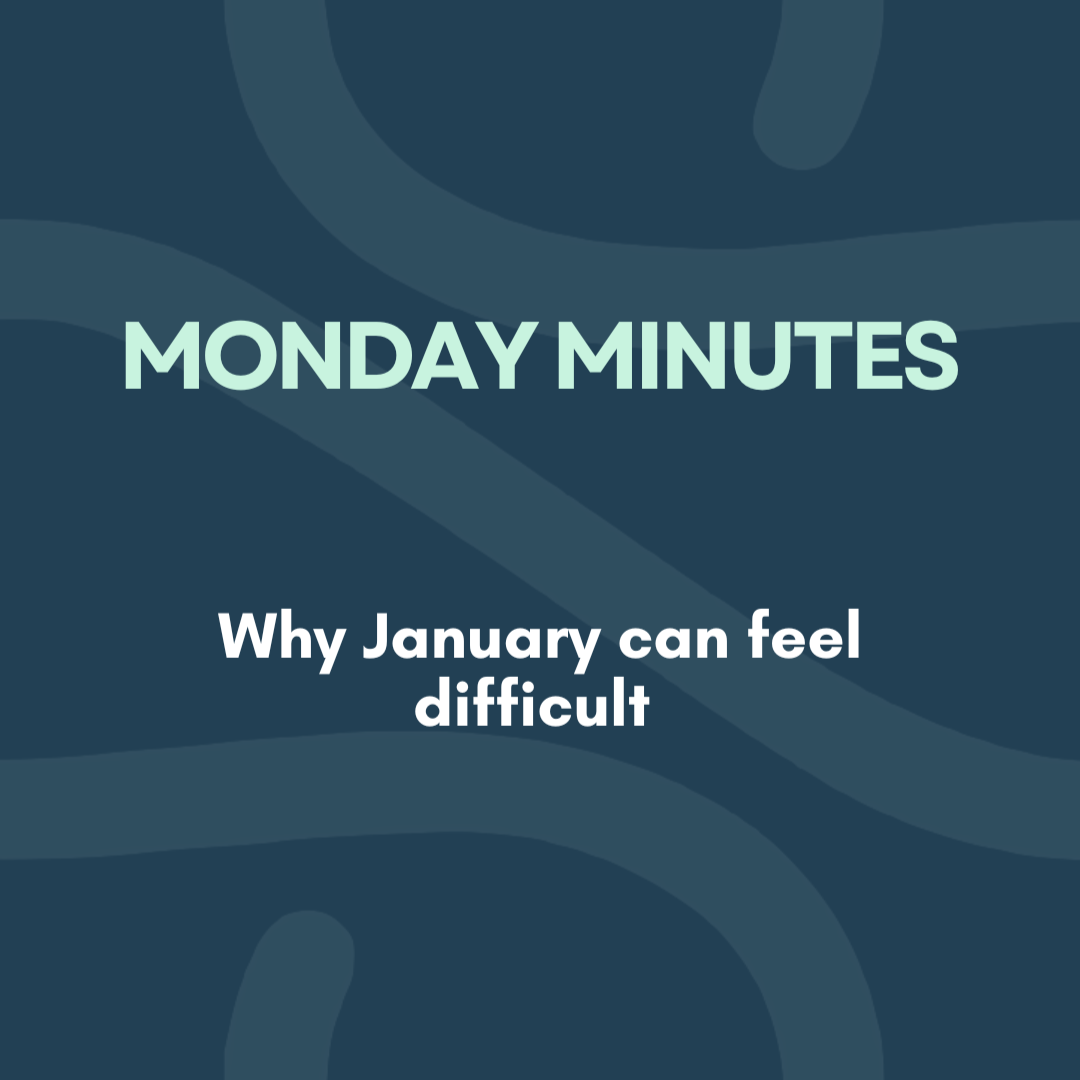
January is often framed as a fresh start. A time for new habits and positive changes. But for many people it can feel emotionally heavy. If you fin...
For many people, talking about feelings doesn’t come naturally. You might have grown up in an environment where emotions weren’t openly discussed,...
.png)
The idea of a mental health assessment can be intimidating, especially if you’re not sure what it involves or why it’s needed. In reality, these as...
Christmas is often portrayed as a joyful, social time filled with family gatherings and celebrations. Social media, adverts, and conversations can...
.png)
Reaching out to your GP about your mental health is an important step toward getting support. If you’re unsure what the appointment will involve, u...
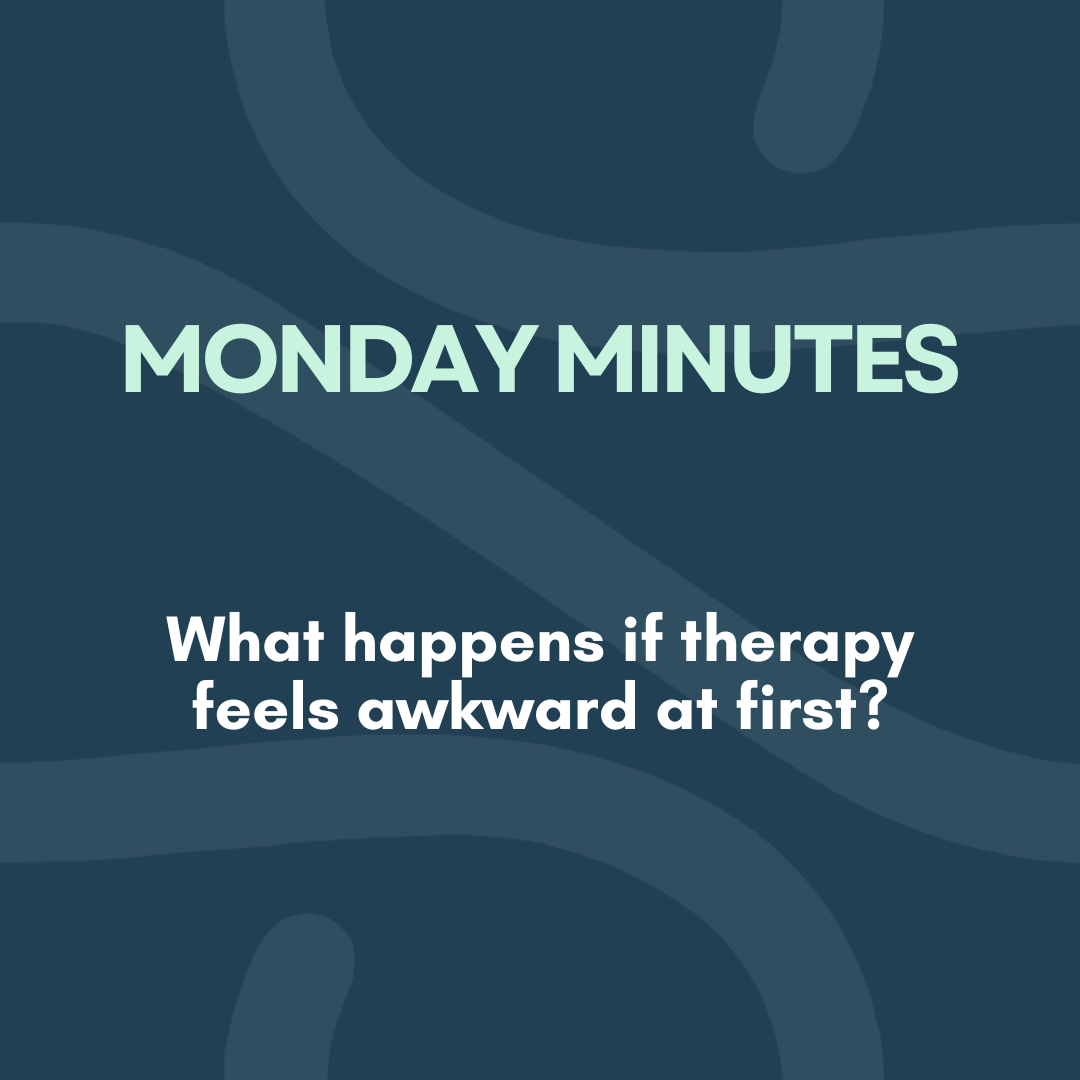
Many people expect therapy to feel natural straight away, like opening up to someone who instantly understands you. But the reality is that, for a...
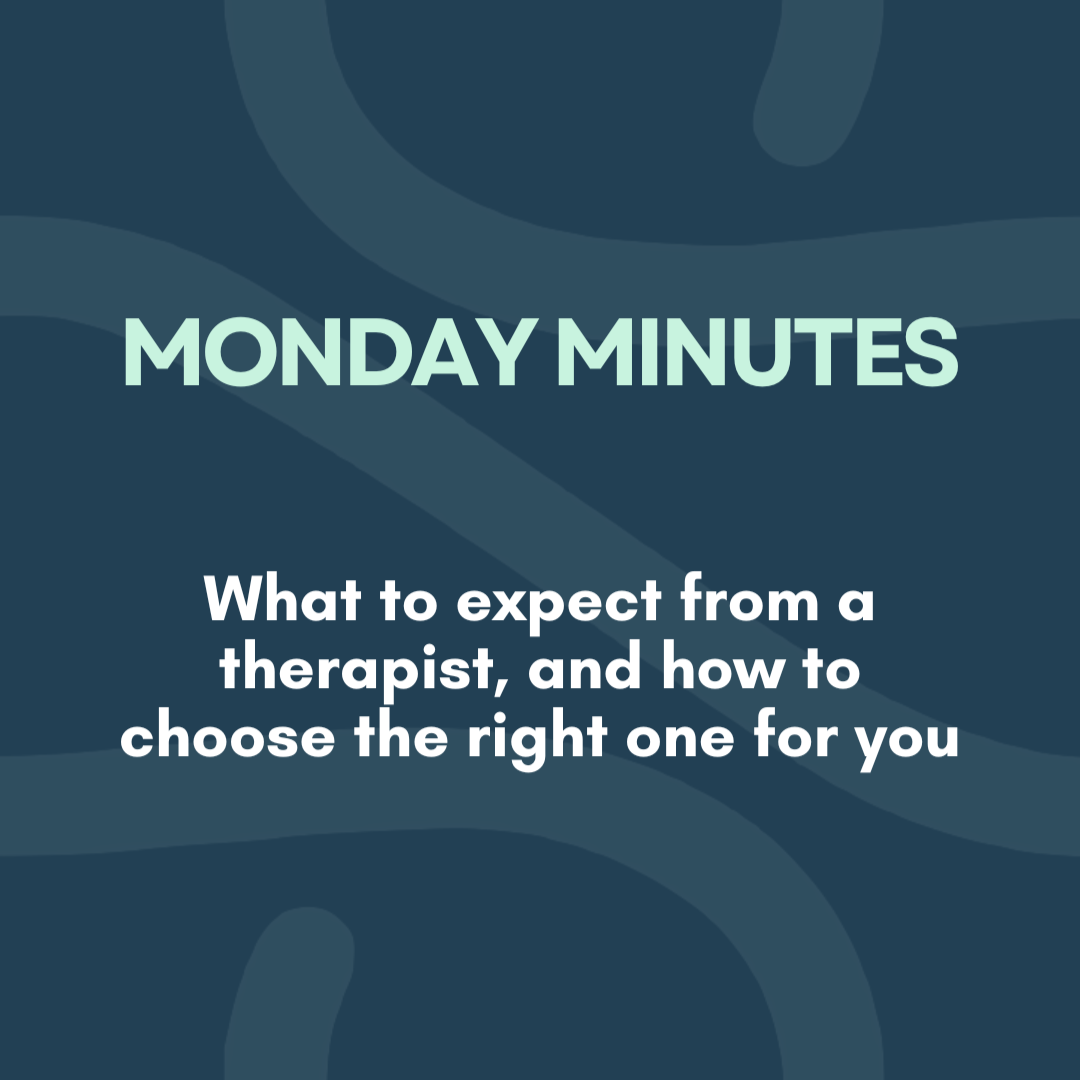
Starting therapy can feel daunting, especially if you’ve never spoken to a therapist before. You might be unsure what to expect, how the process wo...
Starting therapy can feel like a big step, and it’s completely normal to feel a mix of nerves, curiosity, and uncertainty before your first session...
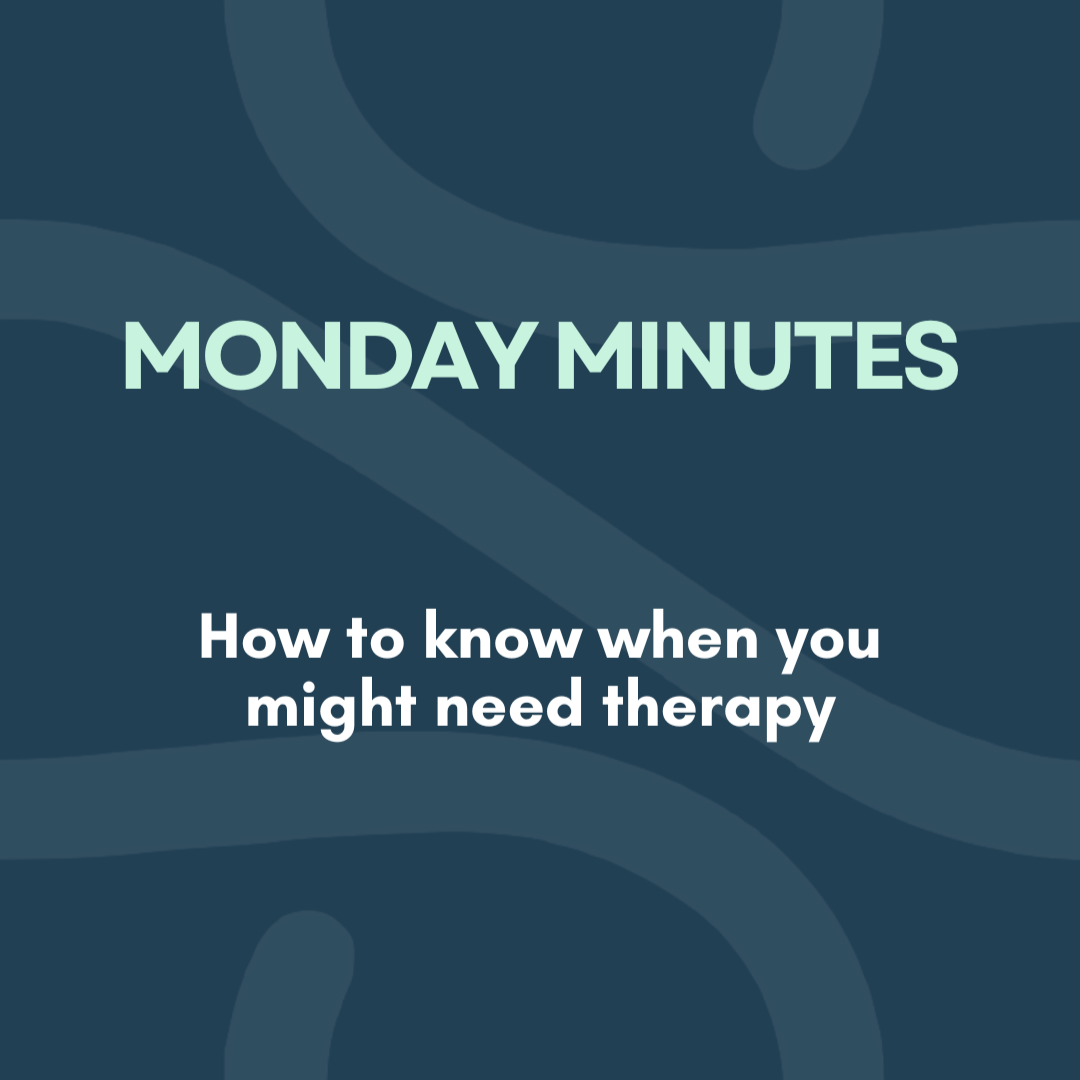
Everyone struggles from time to time, whether it’s stress at work, relationship challenges, or difficult life changes. But how do you know when it...
.png)
Self-help is a term you’ll often see in discussions about mental health. But what does it actually mean, and how can it play a rol...
.png)
Therapy offers a space to work through emotional or behavioural challenges with the support of a trained professional - whether that’s a clinical p...
.png)
When looking for mental health support, you might come across terms like psychologist, psychiatrist, and psychotherapist. While all work in mental...

We’re excited to share that Find Care Compare is now available in Wiltshire.

We’re thrilled to announce that Find Care Compare is now live in Dorset!
At Find Care Compare, we believe that access to clear,...
We’re very pleased to announce that Kateryna Abgaryan has joined Find Care Compare as our new Growth Associate.
Kateryna joins u...

We’re thrilled to welcome Marine Lamy as the newest member of the Find Care Compare team. Marine is joining us as a Marketing Assistant, where she’...

We're proud to announce our launch in the Isle of Wight, providing residents with a new and essential tool to find, compare, and access mental heal...

We are delighted to welcome Professor Stephen Scott CBE to Find Care Compare as an advisor. Professor Scott brings a wealth of experience in...

It’s been six months since we launched our MVP, and what a journey it’s been!
When we started, we had no idea just how far...

Since joining TikTok two weeks ago, Find Care Compare has reached over 130,000 views.
Why? Access to information.
&n...

We are excited to share that our platform is now available in Buckinghamshire.
As our mission is to help people and families eas...

We are excited to announce our official launch in West Sussex today. This expansion is part of our ongoing mission to make the process of selecting...

Navigating the healthcare system can feel overwhelming, especially when you’re already facing mental health challenges. Uncertain waiting times, li...

Copyright © Find Care Compare 2026 All rights reserved | Privacy Policy | Cookie Policy | Disclaimer | Terms and Conditions
Like
Dislike
Share
Comments